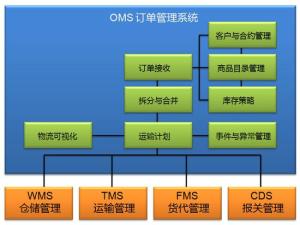Understanding Addictions: A Comprehensive Guide from the World Health Organization’s Perspective
Are you or someone you know struggling with addiction? It’s a complex issue that affects millions of people worldwide. The World Health Organization (WHO) has been at the forefront of addressing this global concern. In this article, we delve into the various dimensions of addiction, as outlined by the WHO, to provide you with a comprehensive understanding of this pressing issue.
What is Addiction?

Addiction, as defined by the WHO, is a chronic disease characterized by compulsive drug seeking and use despite harmful consequences. It is a condition that affects both the brain and behavior, and can lead to significant health, social, and economic problems.
Types of Addictions

The WHO recognizes several types of addictions, including:
| Type of Addiction | Description |
|---|---|
| Substance Use Disorders | Involves the use of legal or illegal drugs, such as alcohol, tobacco, and other drugs. |
| Non-Substance Use Disorders | Includes gambling, internet addiction, and other behavioral addictions. |
Causes of Addiction

Understanding the causes of addiction is crucial in developing effective prevention and treatment strategies. The WHO identifies several factors that contribute to addiction, including:
- Genetic predisposition
- Environmental factors, such as exposure to drugs or alcohol during childhood
- Psychological factors, such as stress, anxiety, and depression
- Social factors, such as peer pressure and family dynamics
Impact of Addiction
Addiction has far-reaching consequences, affecting individuals, families, and communities. The WHO highlights the following impacts:
- Health problems, such as liver disease, heart disease, and mental health disorders
- Social issues, such as unemployment, broken families, and crime
- Economic burden, due to healthcare costs, lost productivity, and criminal justice expenses
Prevention and Treatment
The WHO emphasizes the importance of a comprehensive approach to addiction prevention and treatment. This includes:
- Prevention strategies, such as education, policy interventions, and community-based programs
- Treatment options, including medication, counseling, and support groups
- Support for individuals and families affected by addiction
WHO’s Role in Addiction
The WHO plays a crucial role in addressing addiction on a global scale. Some of their key initiatives include:
- Developing guidelines and recommendations for addiction prevention and treatment
- Supporting countries in implementing evidence-based policies and programs
- Advocating for increased funding and resources for addiction research and treatment
Conclusion
Addiction is a complex and challenging issue that requires a multifaceted approach. By understanding the various dimensions of addiction, as outlined by the WHO, we can work together to create a healthier, more productive world for all.


